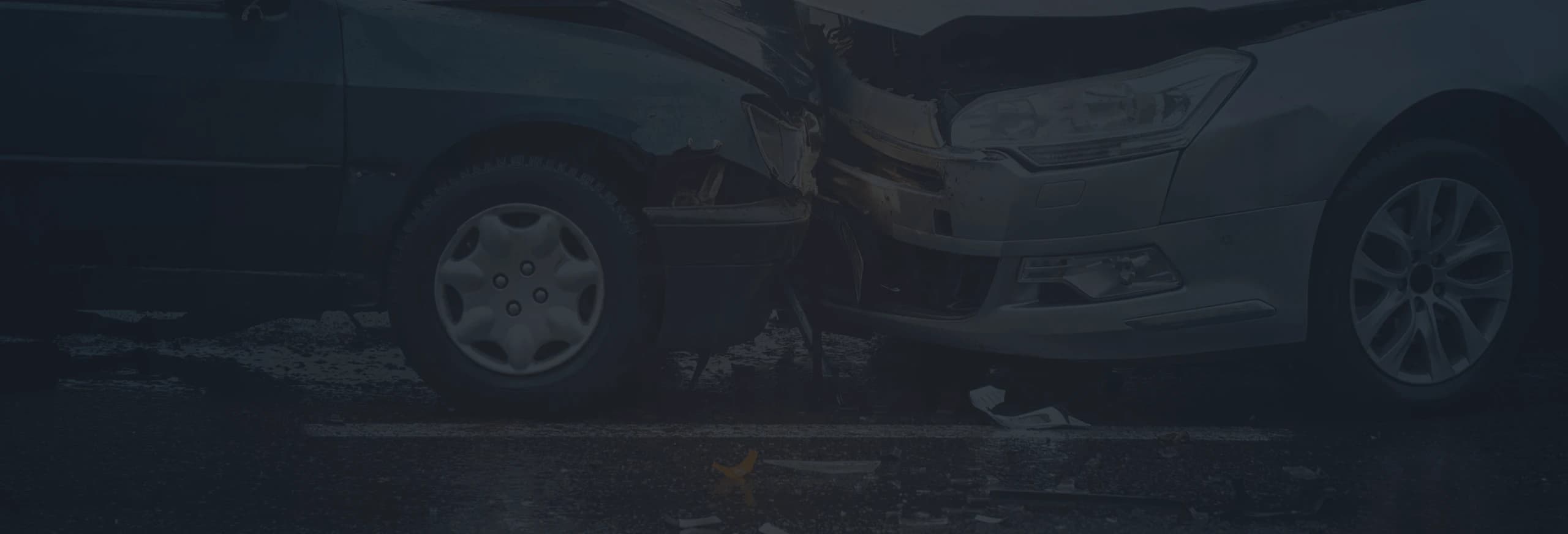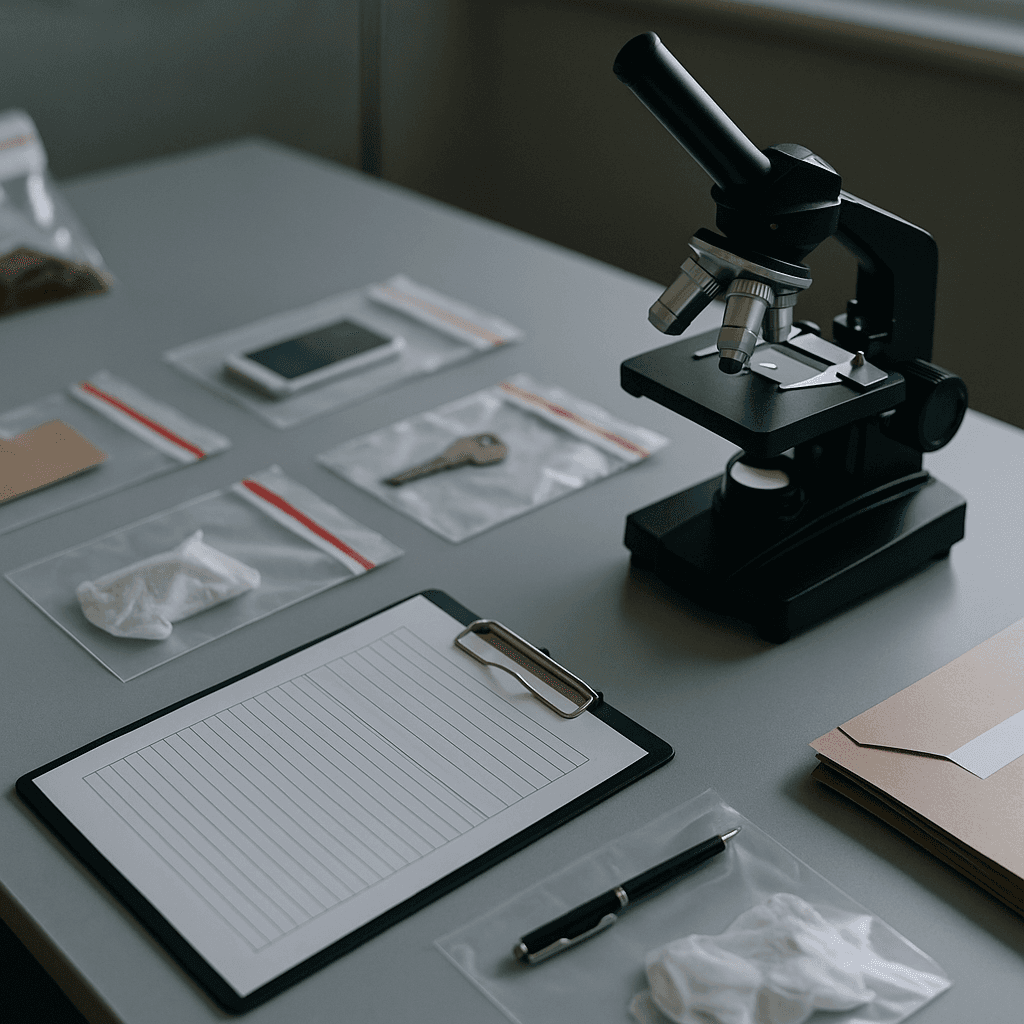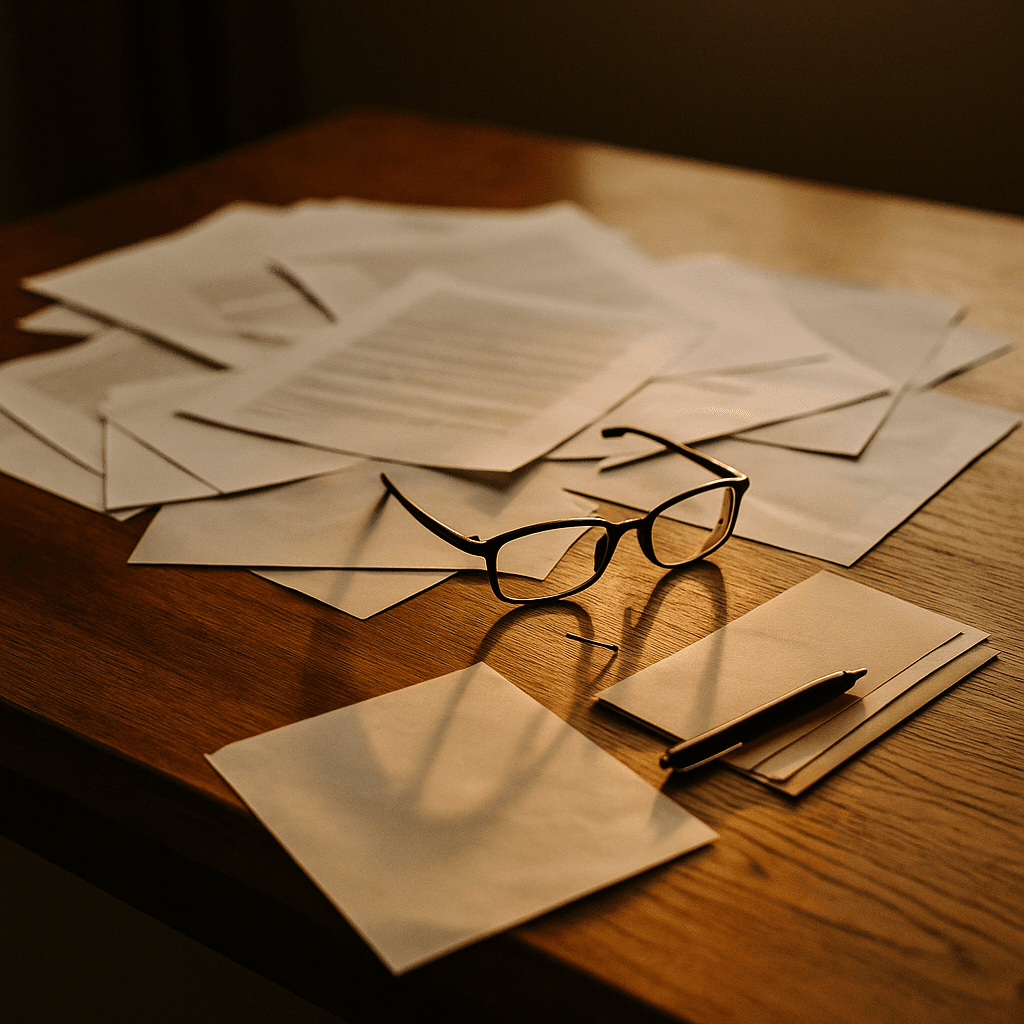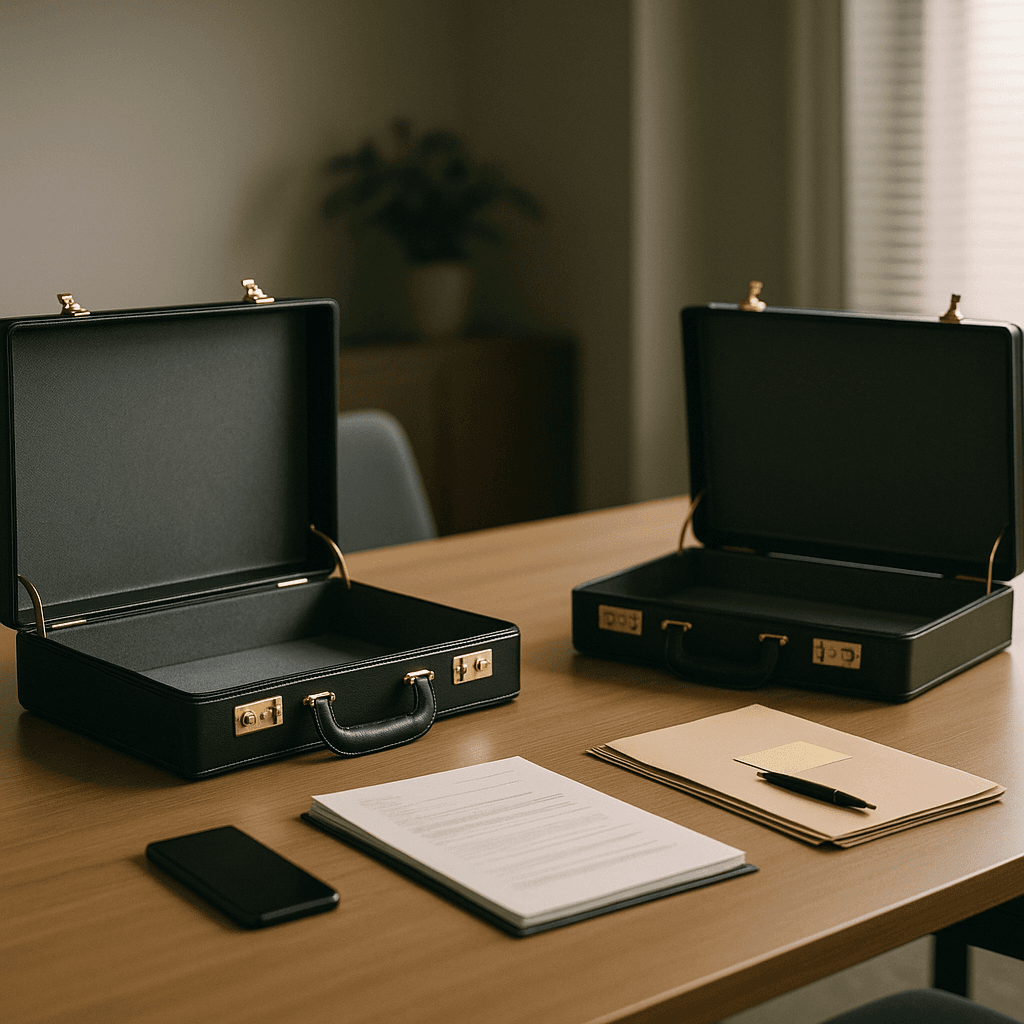
Who Is Liable for a Burn Injury in a Public Place?

If you recently suffered a burn, you may be searching for a “burn injury lawyer near me“ in pursuit of compensation for your losses. Burns can cause tremendous pain, require intensive medical treatment, and have long-lasting consequences. In addition to mounting medical expenses, you may face missed time at work, trouble completing daily tasks, and even permanent disability.
When your burn is due to someone else’s negligence, you typically sue the at-fault party. But what happens when the injury takes place on public property? Who is liable then? This post discusses what you need to know about burn injuries in public places, including who is responsible and what compensation burn victims may pursue.
Liability for Burn Injuries in Public Places
Legal liability for burn injury accidents depends on the details of each case. Any party can be held responsible if they fail to exercise reasonable caution and someone is injured as a consequence.
However, liability typically falls on the parties responsible for maintaining the property where you are injured. The legal system calls these “premises liability claims.”
In public place injuries, any of the following may be liable for failing to uphold their duty of care toward others:
Property Owners and Managers
Business owners in public places like malls, restaurants, and event venues must ensure their property is safe for visitors. If your burn injury occurred because of exposed electrical wires, poorly maintained appliances, or a broken heating system, the property owner may be responsible.
You must typically show that the owner knew (or should have known) these dangerous conditions existed but failed to remedy them.
Government Entities
Sometimes, the property owner is a government agency or municipality. These entities are also responsible for maintaining their property — such as sidewalks, streets, parks, or other public spaces — in reasonably safe conditions. When they fail to do so, they may be legally liable for your injuries.
As with private owners, you must show the government knew or should have known about the hazard but failed to address it.
Product Manufacturers
In addition to a premises liability claim, you may qualify to file a product liability claim. That’s because manufacturers have a legal responsibility to make products that are safe for consumers.
If a malfunctioning device explodes, overheats, or catches fire, the manufacturer may owe you compensation for your burn injury.
Contact our team today so we can fight to help you get the compensation you deserve.
How To Pursue a Legal Claim After a Burn Injury
Compensation claims for burn injuries typically involve the following stages:
- Filing: The first step is to draft a claim with a personal injury attorney. A claim typically outlines the details of the incident, the injuries you sustained, and the compensation you seek. You may submit yours with the property owner’s insurance or file a formal complaint in court.
- Negotiations: Next, your attorney will negotiate with the other side to reach a fair settlement amount. If both sides agree, you can settle the claim out of court. However, defendants with significant resources (like large companies and government agencies) often use them to dispute liability or minimize compensation.
- Litigation: If the other party refuses to make a fair offer, your attorney may take your case to court. There, your legal team will present evidence, and a judge or a jury will decide how much compensation your claim is worth (if any).
The deadline for filing a lawsuit varies by state. In Arizona and California, for example, burn victims have two years to file a personal injury claim. In Florida and Nebraska, the statute of limitations gives victims four years.
Potential Challenges When Suing Government Agencies
Filing a liability claim against the government differs from filing one against a private party. While some aspects are similar, suing public entities involves the following challenges:
- Strict procedural requirements: Plaintiffs must file a notice with the government to bring a claim against them. In California, for example, you must file a claim form within six months of your injury. The government agency has 45 days to respond. You cannot file a lawsuit until you receive a denial or the 45 days elapse with no response.
- Government immunity: You must notify a government agency of your claim before suing them due to the principle of government immunity. That means governments cannot be sued without their consent, except in limited circumstances. These exceptions vary by state.
- Limited damages: Many states also limit the amount of compensation government agencies must pay in personal injury lawsuits. For example, California law caps compensation for non-economic losses at $250,000 per claimant and bars punitive damages.
Free Consultation 24/7, call (844) 343-9609
Types of Compensation You Can Claim After a Burn Injury
Compensation for burn injuries typically falls into the following categories:
Economic Damages
Economic damages compensate victims for financial losses related to their injuries. You typically prove them with evidence like employment records and medical documentation. Economic damages include the following:
- Medical expenses, including emergency treatment, surgeries, medications, and rehabilitation
- Lost income if you couldn’t work after your burn injury
- Lost earning capacity if your injury prevents you from earning the same income as before
Non-Economic Damages
Non-economic damages compensate victims for non-financial losses related to their injuries. You may document them with evidence like personal journals or testimony from mental health professionals. Non-economic damages include the following:
- Pain and suffering, which is often significant for burn injury victims
- Disfigurement and scarring
- Loss of enjoyment
- Disability
Punitive Damages
Economic and non-economic damages are known as “compensatory damages” because they aim to compensate victims for their losses. However, punitive damages are designed to punish the responsible party for particularly poor conduct. Punitive damages only apply in some cases and may be explicitly barred in lawsuits against government entities.
Call (844) 343-9609
Connect With an Experienced Burn Injury Lawyer Today
If you’re ready to seek justice for your burn injury — or just want to learn more about your legal options — contact Accident Hotline today. We help accident victims pursue compensation, from lost income to pain and suffering and permanent disability. Contact us 24/7 for a free consultation with a local personal injury attorney.
For a free consultation, call (844) 343-9609
Blog Posts:

The Role of Expert Witnesses in Injury Litigation
Why Expert Witnesses Matter in Personal Injury Cases In personal injury litigation, facts alone are often not enough. While evidence like medical records, photographs, and witness statements paint part of the picture, juries and insurance companies frequently need context and explanation to understand the full scope of an injury and its impact. This is where expert witnesses play a pivotal role. Expert witnesses are professionals—often doctors, engineers, economists, or accident reconstruction specialists—who provide testimony based on their specialized knowledge. Their objective is not to advocate for one side but to clarify complex issues that require professional interpretation. In many cases, their opinions help bridge the gap between evidence and understanding, making them critical to achieving fair compensation.

How Insurance Companies Evaluate Injury Claims
How the Evaluation Process Really Works When you file a personal injury claim, the insurance company begins a process that is anything but simple. Behind every offer or denial, there's a calculated evaluation designed to protect their bottom line. Insurers use data-driven methods, past claim outcomes, and internal guidelines to assess how much—if anything—they believe your case is worth. The goal of the insurance adjuster is straightforward: to settle your claim for as little as possible while closing the file quickly. They'll review your medical records, accident details, and even statements you've made to determine liability and damages. The more organized and detailed your claim presentation, the harder it is for them to undervalue it.

The Dangers of Handling a Personal Injury Case Without Legal Help
Understanding What's at Stake After an accident, it's natural to want to resolve things quickly. Medical bills begin piling up, your work may be disrupted, and insurance adjusters often seem eager to "help." Many people believe they can handle their personal injury claim on their own—especially if the situation seems straightforward. But personal injury law is complex, and even minor missteps can lead to significant financial loss. Without professional guidance, you may underestimate your claim's value, miss critical deadlines, or make statements that insurers later use against you. The legal process is designed to protect both sides, and insurance companies have experienced professionals working to limit payouts. Without an equally skilled advocate on your side, you're at a clear disadvantage. That's why consulting a personal injury lawyer early in the process is often the difference between fair compensation and a costly mistake.

When Should You Switch to a Different Injury Lawyer?
Knowing When It's Time for a Change Choosing the right attorney after an accident is one of the most important decisions you'll make in your recovery journey. However, not every lawyer-client relationship is a perfect fit. Sometimes, despite your best efforts, you may realize that your current representation isn't meeting your expectations. Whether it's poor communication, lack of progress, or a sense that your case isn't being handled effectively, recognizing when to switch attorneys can make all the difference in the outcome of your claim. Switching to a new personal injury lawyer doesn't mean starting over from scratch—it means taking control of your case and ensuring it receives the attention and effort it deserves. Understanding what to expect from your legal representation can help you identify the warning signs that it might be time for a change.
Get an agent on the line in seconds
Responsive
Legal Assistance
Our personal injury attorneys advocate for the funds necessary to cover bills, secure medical treatment, recoup lost wages, and provide compensation for your pain and suffering.
Are you facing unfair treatment from the insurance company?
Do you know the value of your case?
Is the insurance company asserting that the accident is your responsibility?

We'll get back to you ASAP.
Get Your Free Consultation
You Pay Nothing Unless We Recover Compensation For You
